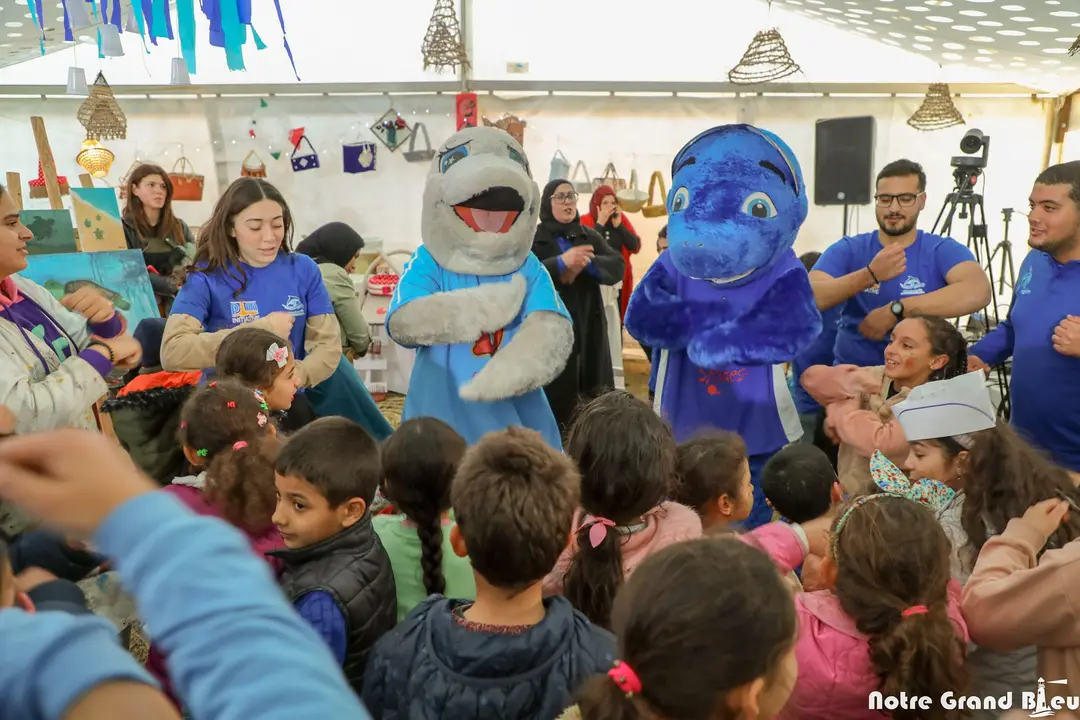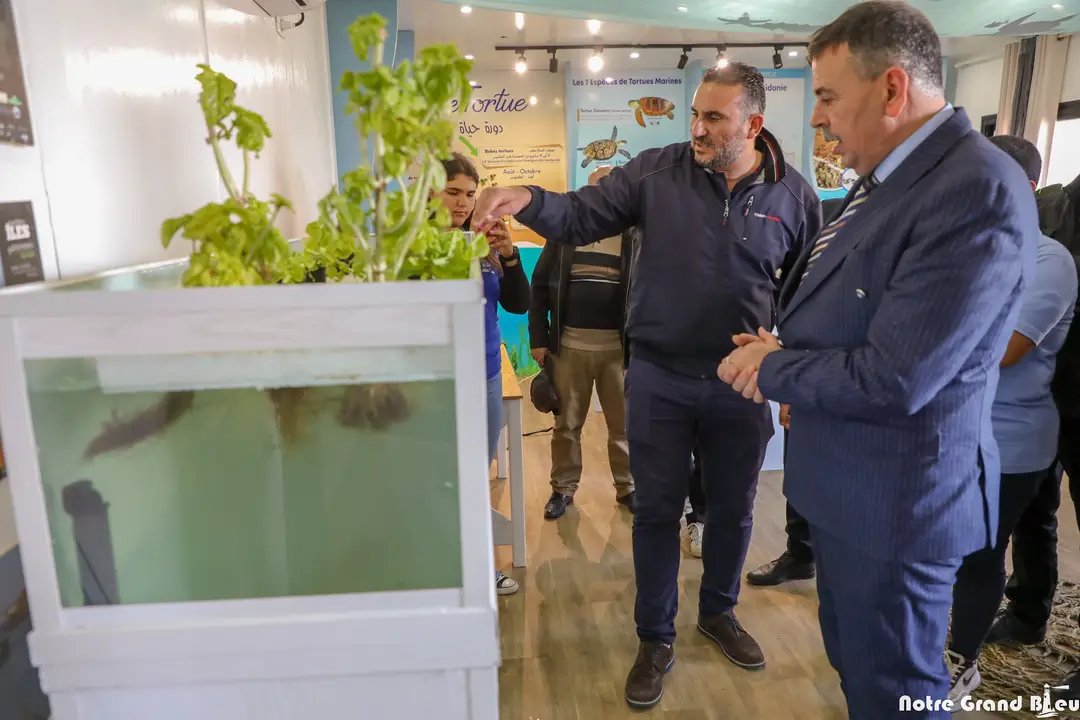The General Fisheries Commission for the Mediterranean launched an exciting new educational toolkit for aquaculture this year – Within the framework of World Education Day, in cooperation with the General Fisheries Commission for the Mediterranean of the Food and Agriculture Organization (FAO), an exceptional event was held at the aquaculture center of the marine aquaculture development project in Egypt (MADE II) and Notre grand blue in Tunisia, aimed at promoting education about aquaculture and awareness of its benefits for children.

This innovative toolkit is designed to engage children from Egypt, Lebanon, Libya, and Tunisia, allowing them to explore the fascinating world of aquaculture through fun exercises and interactive learning experiences.
This activity aims to educate children about aquaculture and promote community acceptance of farmed fish by allowing them to interact with their natural world and learn about the quality of water and fish produced through aquaculture.
The most rewarding aspect of this program is the creation of an inclusive and diverse educational environment where every child can thrive and contribute their unique perspectives. The energy and enthusiasm of the special needs school that participated in this educational adventure was truly inspiring
Educational activities included a set of practical exercises, such as aquaponics, growing fish in small ponds, monitoring water quality, and learning how to prepare meals from farmed fish. It also included theoretical educational activities, such as learning about different fish species and their life cycle and learning about the importance of aquaculture for the environment and the economy.
This proves that teaching children about where their food comes from is crucial.
More than half of the fish we consume today comes from aquaculture and these small ecosystems can contribute to teaching children Science, Chemistry, and even mathematics, most importantly, getting knowledge learning can be fun as activities related to aquaculture are very important for the development of the child’s intellectual, sensory, psychological, physical and behavioral skills, and also contribute to enhancing environmental awareness.
This idea is part of the strategy of The General Fisheries Commission for the Mediterranean to support the community acceptance of farmed fish in the Mediterranean and Black Sea countries. This initiative seeks to expand the scope of aquaculture awareness to become an essential part of children’s education and awareness of the importance of aquaculture.
By investing in the future generation, GFCM empowers children and young people and encourages them to take effective action and join global efforts to achieve the common goal of eradicating hunger and achieving food security, as well as spreading awareness and education.
The General Fisheries Commission for the Mediterranean launched an exciting new educational toolkit for aquaculture this year










